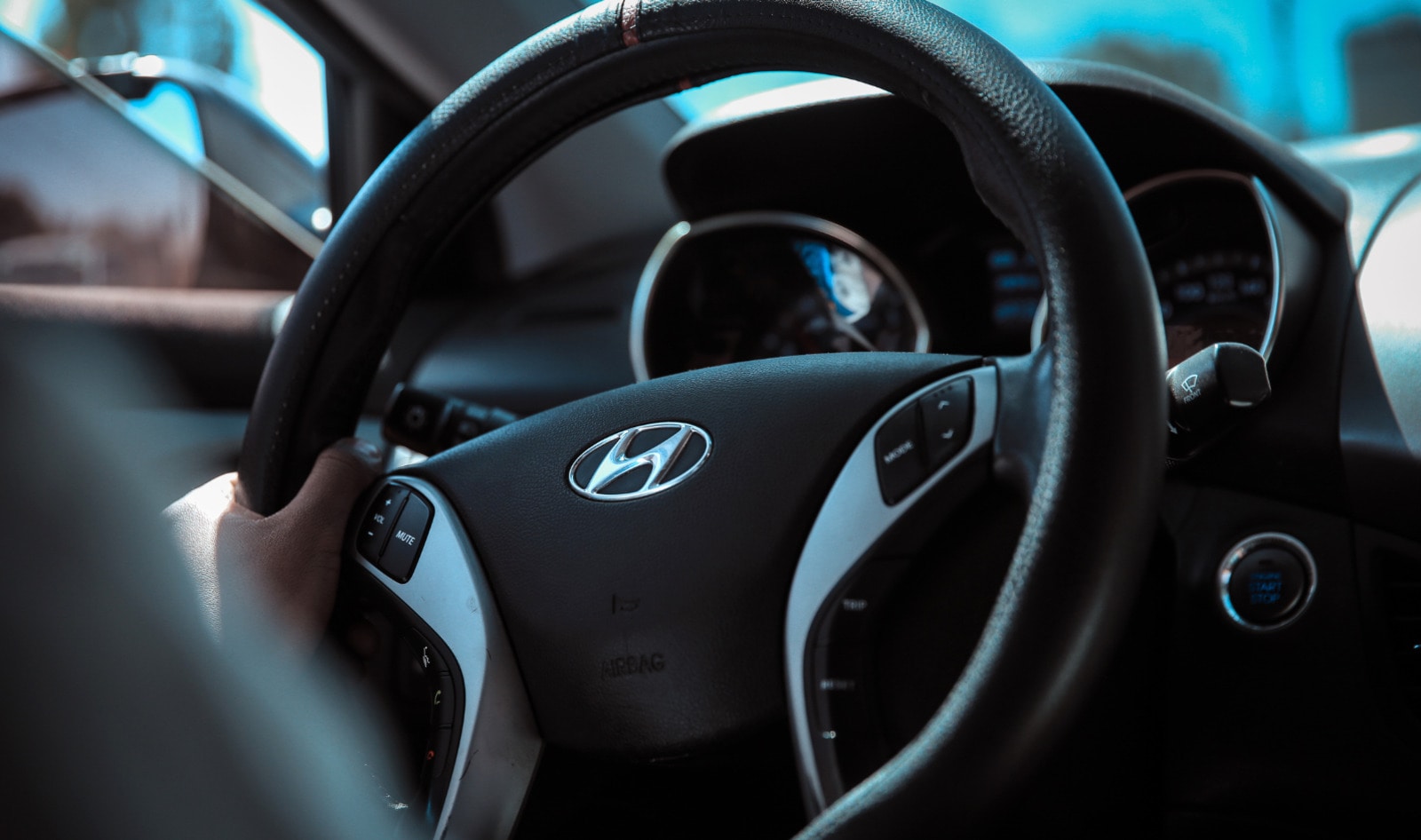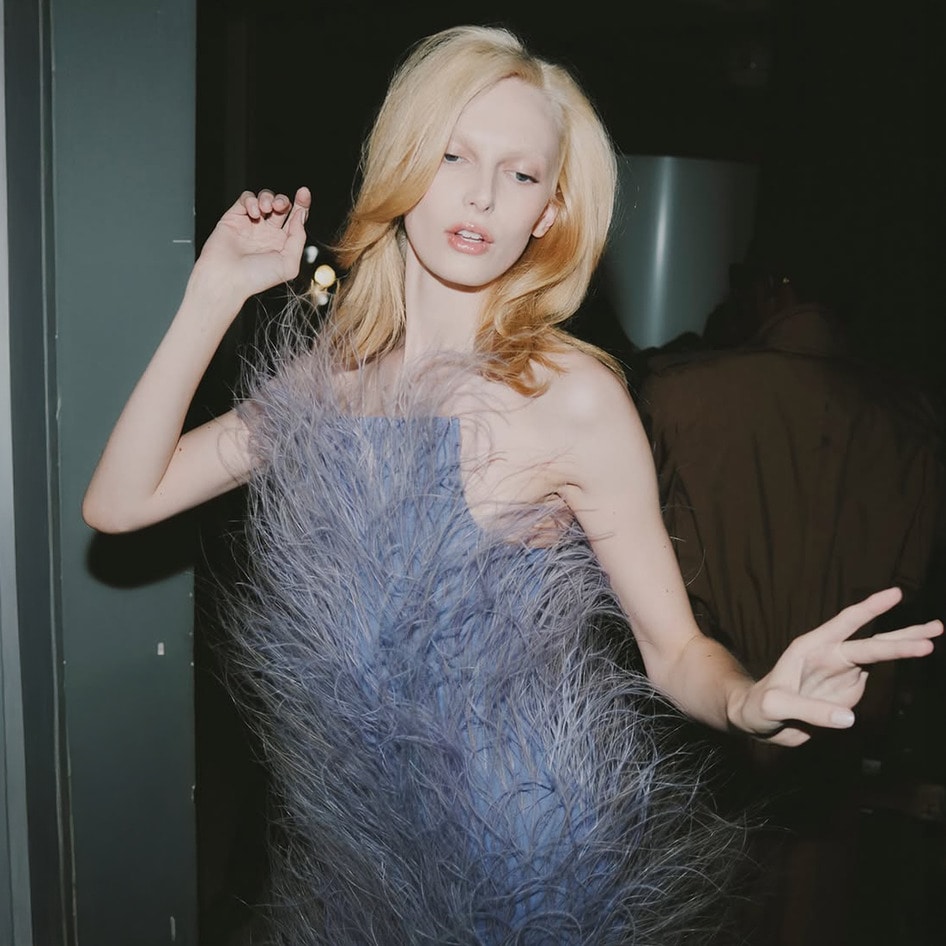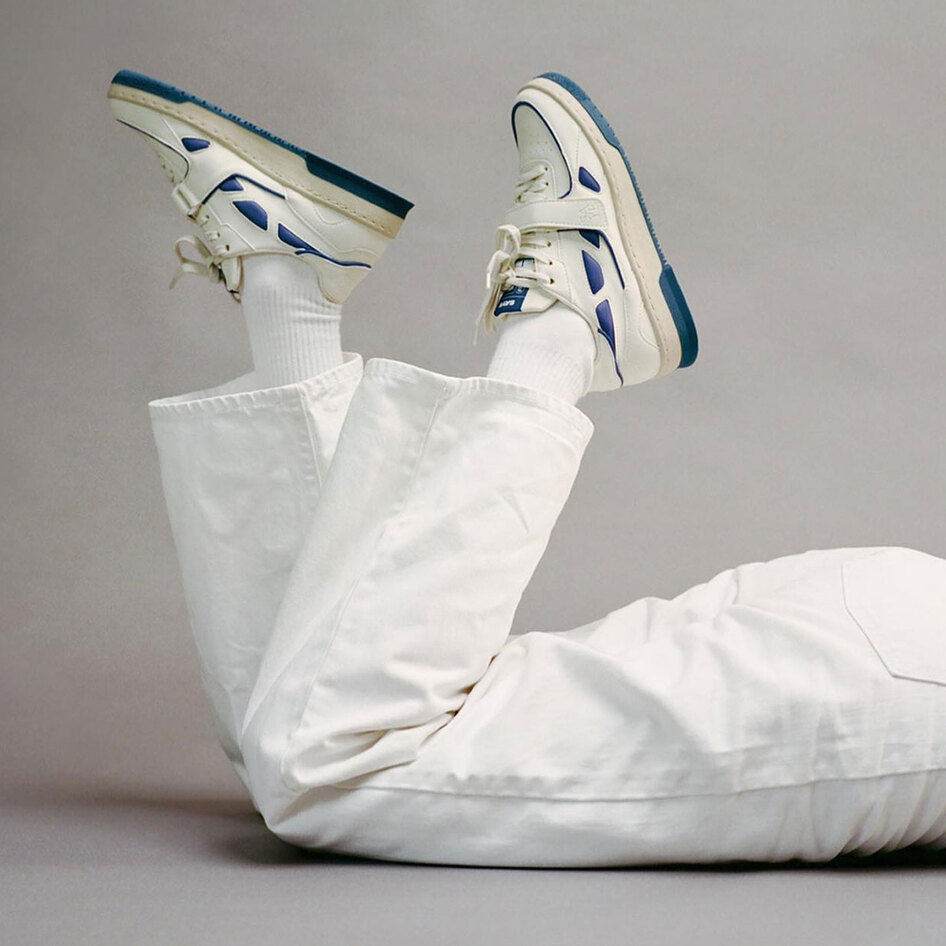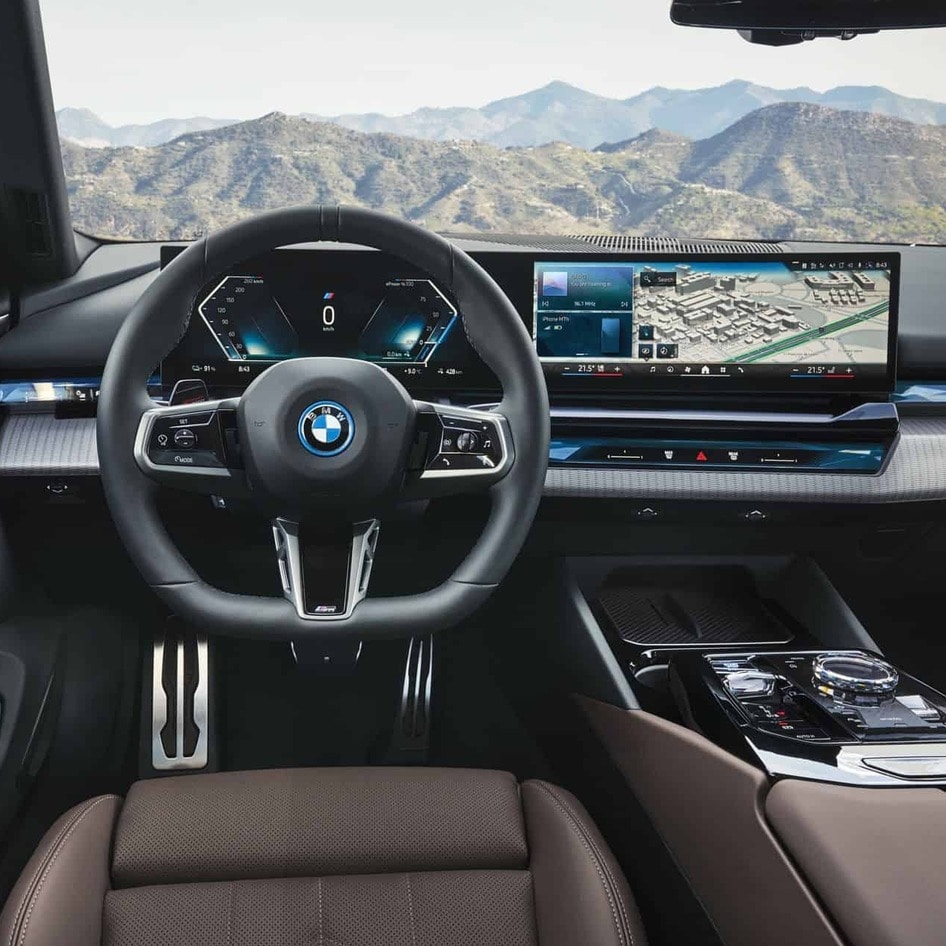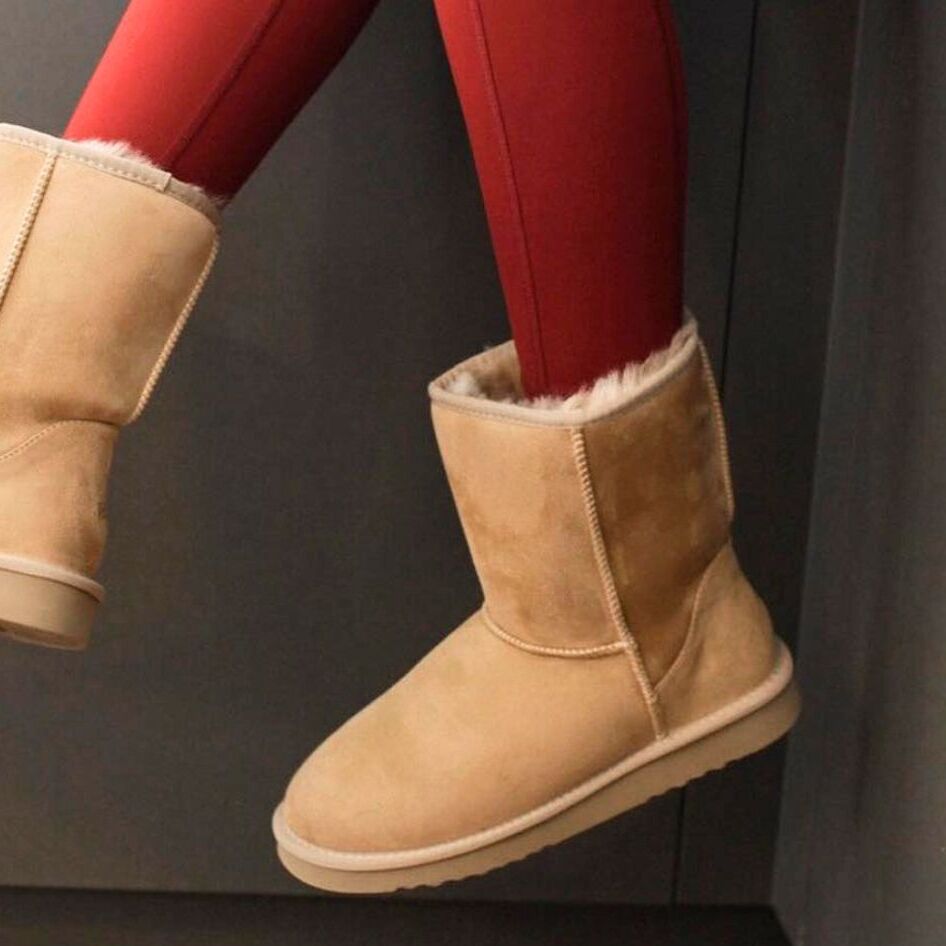Since the early days of automobiles, many high-end cars featured leather seats. It was a tradition carried over from luxury horse-drawn carriages, which often used the material for its durability, versatility, and elegant appearance. Over the 20th century, leather became increasingly synonymous with luxury and stylish car interiors.
But today, the look of luxury is shifting. More consumers are prioritizing sustainability when making big purchases, and leather, a co-product of animal agriculture, often doesn’t fit the bill. Case in point: cattle ranching for beef and leather is responsible for around 80 percent of Amazon deforestation.
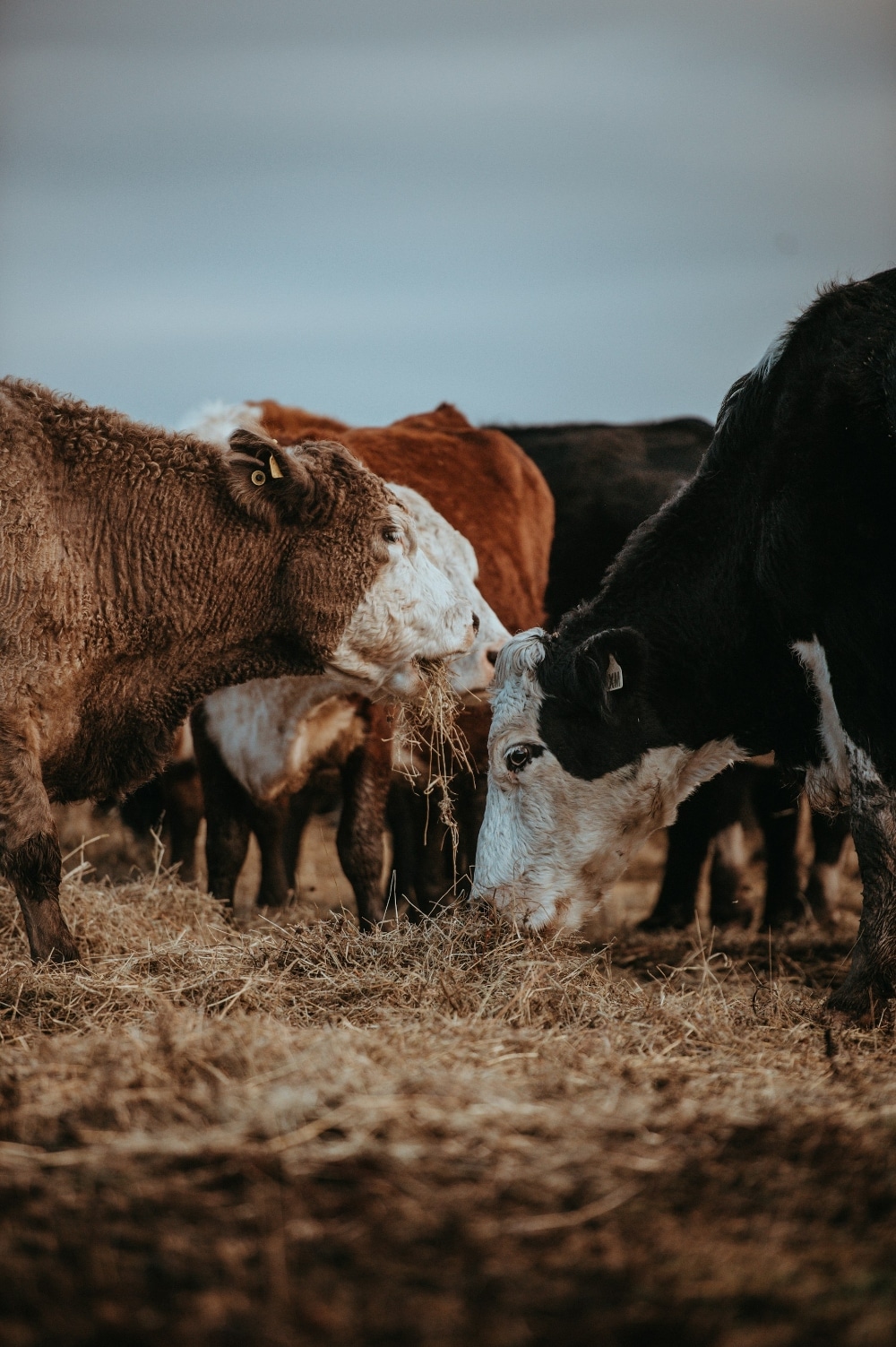
Historically, most alternatives to leather have been made from vinyl, which, as a form of plastic, raises its own environmental concerns. This is why South Korean automobile giant Hyundai has partnered with biomaterials company Uncaged Innovations to create a new kind of leather—not from cowhide or plastic, but from grain byproducts.
Hyundai’s new plant-based leather
Hyundai isn’t the first carmaker to experiment with plant-based interiors. BMW’s 5 Series, revealed in May 2023, features a fully vegan interior; Ford’s Fiesta comes with leather-free seats as standard; and in 2021, Jaguar teamed up with Ultrafabrics to launch a plant-based option.
“The attitude toward animal byproducts is changing. Personally, I’d be quite happy to move away from leather tomorrow. I don’t like that we have to slaughter all those cows to create leather,” Gerry McGover, Jaguar Land Rover’s Chief Creative Officer, said in a 2017 interview
According to Hyundai Cradle, the automaker’s innovation hub, the new bio-based leather alternative is designed to outperform competitors. Made from a collagen-like material derived from grain proteins, Uncaged Innovations’ product mimics the look and feel of leather while remaining sustainable and customizable. The company even uses coffee beans to dye the material, reducing the need for harsh chemicals.
It’s also significantly more eco-friendly: the process produces 95 percent fewer emissions, uses 89 percent less water, and requires 71 percent less energy than conventional leather.
“Uncaged’s grain-based protein leather alternative stood out to us for its unique molecular design and manufacturing process, which allows us to drastically lower environmental impact while meeting the demanding quality and performance standards of automotive interiors,” said Brendom Kim, Senior Vice President and Head of Hyundai Cradle, Silicon Valley.
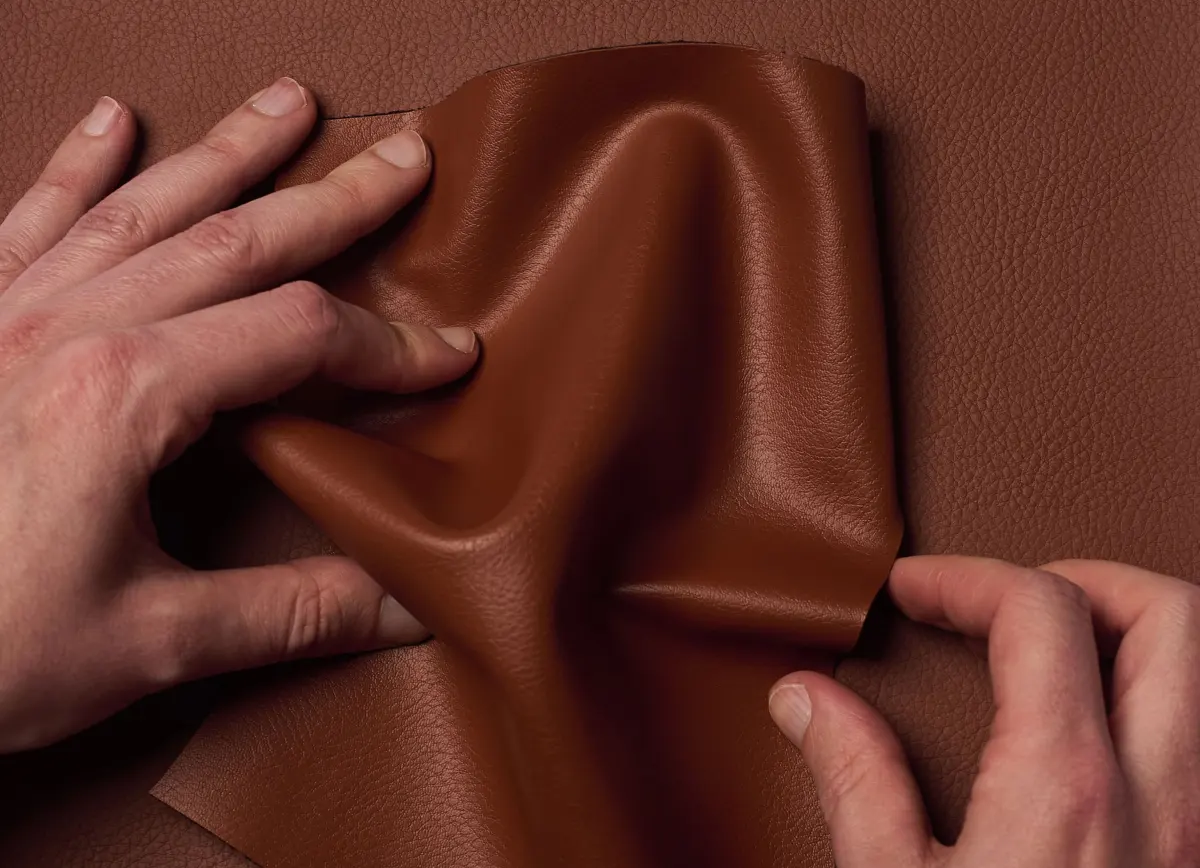 Uncaged Innovations
Uncaged Innovations
BECOME A VEGNEWS VIP: Get exclusive product deals, freebies, and perks galore!
Looking ahead, Uncaged Innovations hopes its grain-based leather will help usher in a new era of sustainable automotive design and even extend well beyond the car industry.
“Developing a scalable, sustainable alternative for vehicle interiors underpins the strength of the technology behind our entire platform, helping us create luxurious and durable materials for a wide range of applications and industries,” said Uncaged Innovations CEO Stephanie Downs.
For more plant-based stories like this, read:
JUMP TO ... Latest News | Recipes | Guides | Health | Subscribe

